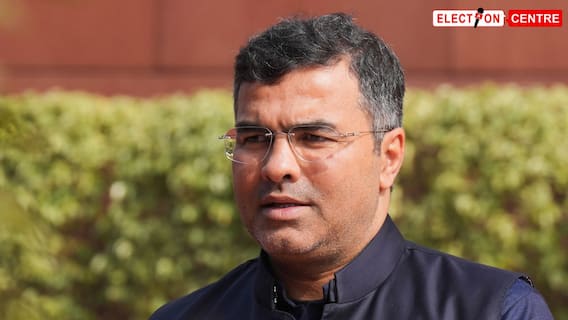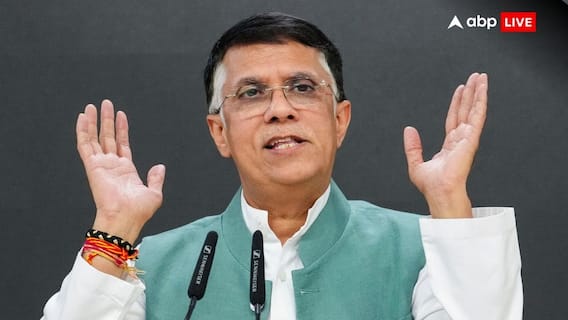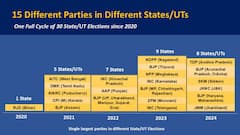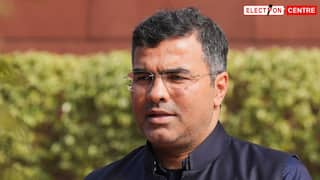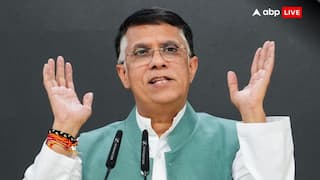Explorer
Advertisement
Forbes compares demonetisation with forced-sterilization drive undertaken by Indira Gandhi govt

Calling India's demonetisation drive as immoral, Steve Forbes, Editor-in-Chief of Forbes magazine, said it also amounted to theft of people's property.
The November 8 move to spike the Rs 500 and Rs 1,000 notes had damaged the Indian economy, future investment and was also an assault on the privacy of common man life by inflicting more state control.
"India's government perpetrated an unprecedented act that is not only damaging its economy and threatening destitution to countless millions of its already poor citizens but also breathtaking in its immorality," the respected magazine said.
The denomination has triggered an unprecedented cash crunch across the country, forcing millions to stand for long hours in queues at banks and ATMs to withdraw money.
"Without any warning India abruptly scrapped 85 per cent of its currency. That's right: Most of the country's cash ceased to be legal tender. Shocked citizens were given only a few weeks' notice to take their cash and turn it in at a bank for new bills," the magazine said.
Forbes pointed out that governments do not create resources, people do.
"What India has done is commit a massive theft of people's property without even the pretence of due process -- a shocking move for a democratically elected government.
"Not surprisingly, the government is downplaying the fact that this move will give India a onetime windfall of perhaps tens of billions of dollars."
Forbes compared the demonetisation with the forced-sterilization drive undertaken by the then Indira Gandhi government during her Emergency regime of 1975-77.
"Not since India's short-lived forced-sterilization programme in the 1970s -- this bout of Nazi-like eugenics was instituted to deal with the country's 'overpopulation' -- has the government engaged in something so immoral.
"It claims the move will fight corruption and tax evasion by allegedly flushing out illegal cash, crippling criminal enterprises and terrorists and force-marching India into a digitized credit system.
"India is the most extreme and destructive example of the anti-cash fad currently sweeping governments and the economics profession.
"Countries are moving to ban high-denomination bills, citing the rationales trotted out by New Delhi. But there's no misunderstanding what this is truly about: attacking your privacy and inflicting more government control over your life.
"By stealing property, further impoverishing the least fortunate among its population and undermining social trust, thereby poisoning politics and hurting future investment, India has immorally and unnecessarily harmed its people, while setting a dreadful example for the rest of the world."
The magazine said the economic turmoil in India had been compounded by the fact that the government "didn't print a sufficient amount of the new bills, lest word leak out as to what was about to take place.
"The new bills are also a different size than the old ones, creating a huge problem with ATMs. Even though India is a high-tech powerhouse, hundreds of millions of its people live in dire poverty."
Saying India's economy was based mostly on cash, Forbes condemned the stringent rules and taxation policies of India.
"Moreover, much of it operates informally because of excessive rules and taxes. The government bureaucracy is notorious for its red tape, lethargy and corruption, forcing people to get by on their wits."
Coming down heavily on the reasons cited by the Modi government for the note ban, the magazine said: "Human nature hasn't changed since we began roaming this planet.
"People will always find ways to engage in wrongdoing. Terrorists aren't about to quit their evil acts because of a currency change.
"As for the digitization of money, it will happen in its own good time if free markets are permitted.
"And the best cure for tax evasion is a flat tax or, at the least, a simple, low-rate tax system that renders tax evasion hardly worth the effort.
"Make it easy to do business legally and most people will do just that."
As a remedy, the magazine suggested: "What India must do to fulfill its desire to become a global powerhouse is clear: slash income and business tax rates and simplify the whole tax structure; make the rupee as powerful as the Swiss franc; hack away at regulations, so that setting up a business can be done with no cost and in only a few minutes; and take a supersize buzz saw to all the rules that make each infrastructure project a 100-year undertaking."
Follow Breaking News on ABP Live for more latest stories and trending topics. Watch breaking news and top headlines online on ABP News LIVE TV
View More
Advertisement
Trending News
Advertisement
Advertisement
Top Headlines
Election 2025
India
Election 2025
Cities
Advertisement


Nayanima Basu
Opinion





